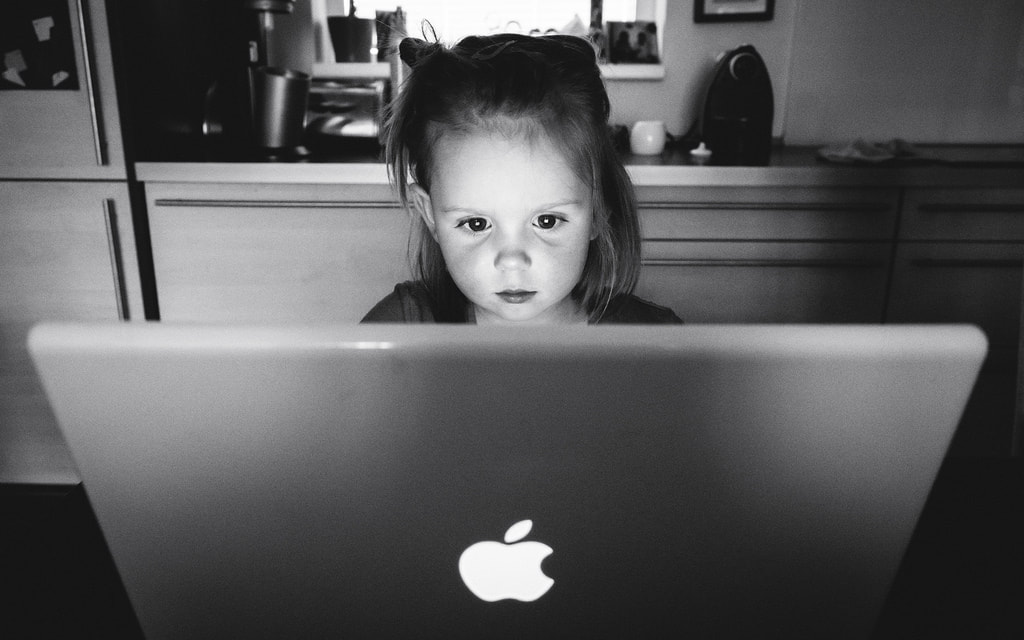 I keep returning to 2014, when I first started struggling with the amount of time my kids were spending on screens. It was also around this time that I found a study that I still talk about today to anyone who will listen. I talk about it in my classrooms, in my research, in this column and at home. It was published in one of my favorite journals, Computers In Human Behavior. If you do a quick search of past columns, you’ll see that I reference it often. As researchers, it’s a requirement to read studies like these. We do this so that we know:
Unfortunately, it’s rare to find journals filled with these questions and answers so clearly laid out in the actual studies, let alone in the titles of the articles. But that’s what I found – in 2014: “Five days at outdoor education camp without screens improves preteen skills with nonverbal emotion cues.” Every title should be so clear, so full of detail in 15 words. Such was the case with the title and study from the team at UCLA, led by psychologist Yalda Uhls. Maybe it was because I was struggling with my own kids’ screentime. Maybe it simply reaffirmed what I and most other parents already knew – that balancing time spent on- and off-screens was becoming exceedingly difficult to manage. It was good to see it in print, to have something to refer my colleagues and friends to when discussing and debating screen time. It’s bad that I’m still referencing it today, four years later. How Uhls’ team found its answers is just as important as what they found. First, they looked specifically at tweens who spent time at a nature camp, far from the screens and other technology. They tested the tweens – before camp and after camp – on their abilities to pick up on nonverbal emotional cues. These cues are the expressions we use when we’re happy, sad, excited, and so on. Not surprisingly, tweens who spent time away from screens improved their ability to recognize emotional cues. Increasing face-to-face, social interactions (i.e., hiking with friends in the woods, singing songs around the camp fire) clearly had something to do with learning those emotional cues. It’s 2018, and yes, I’m still referencing that article, still having screen time debates with friends and battles with my kids. But I haven’t given up. Sure, we don’t have to send our kids away to overnight camp, but the next time we tell them to ditch the screens and go outside, it might be up to us parents to mix in an occasional play date with time spent away from tech.
0 Comments
Your comment will be posted after it is approved.
Leave a Reply. |
AuthorDr. Adam C. Earnheardt is special assistant to the provost and professor of communication in the department of communication at Youngstown State University in Youngstown, OH, USA where he also directs the graduate program in professional communication. He researches and writes on a variety of topics including communication technologies, relationships, and sports (with an emphasis on fandom). His work has appeared in Mahoning Matters as well as The Vindicator and Tribune-Chronicle newspapers. CategoriesArchives
July 2023
|
 RSS Feed
RSS Feed